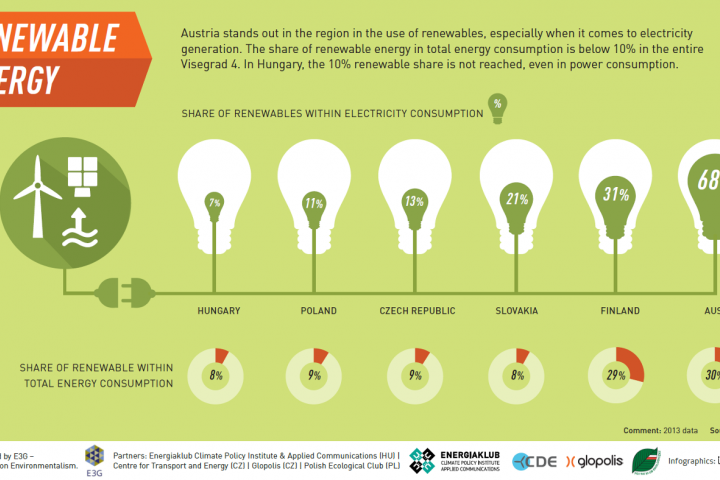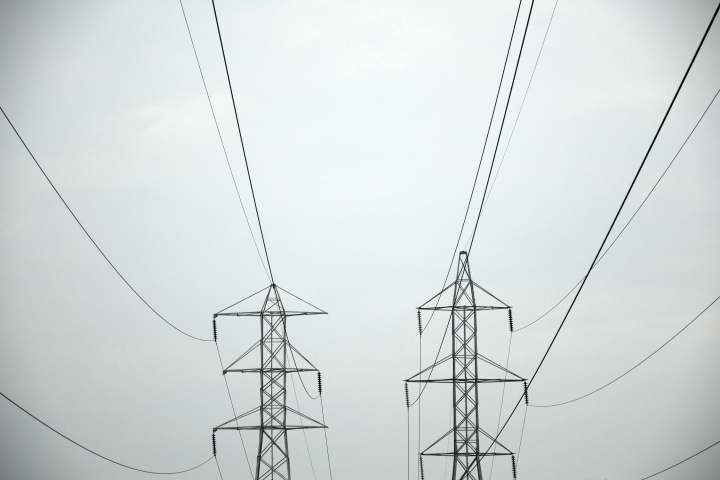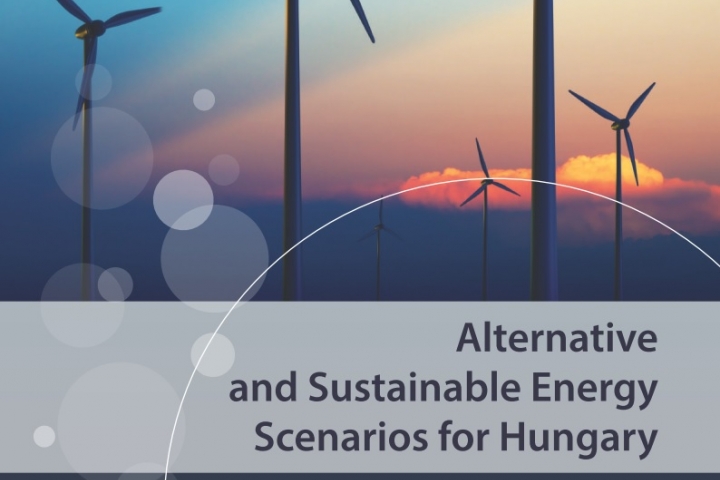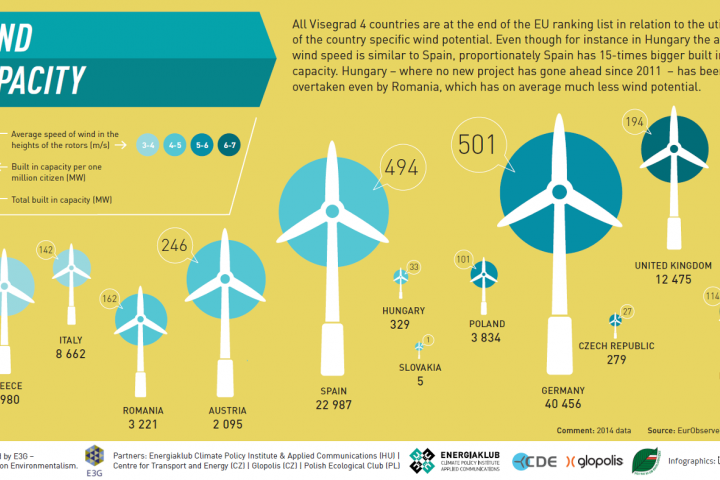
Renewable energy
Austria stands out in the region in the use of renewables, especially when it comes to electricity generation. The share of renewable energy in total energy consumption is below 10 % in the entire...

Austria stands out in the region in the use of renewables, especially when it comes to electricity generation. The share of renewable energy in total energy consumption is below 10 % in the entire...

The study, provided for the Directorate General for Internal Policies of the European Parliament, at the request of the ITRE Committee, gives an overview and analysis of the EU policies, measures and...

We do not need nuclear power to secure Hungary's future energy needs. 50% of the total primary energy use, and more than 80% of the produced electricity could be provided by renewable sources, while...

All Visegrad 4 countirs are the end of the EU ranking list in relation to the utilizationof the country specific wind potential. Enen though for instance in Hungary the average wind speed is similar...